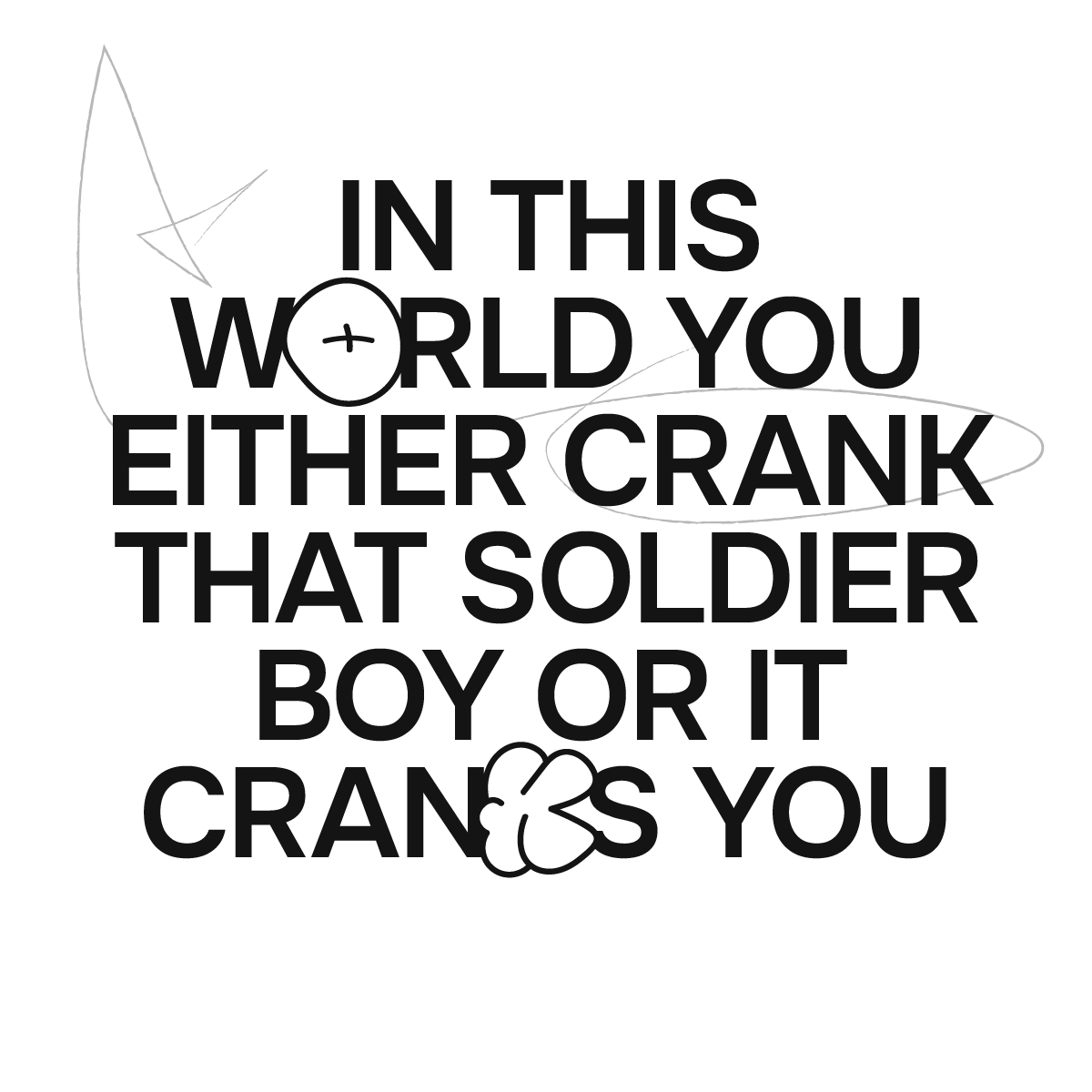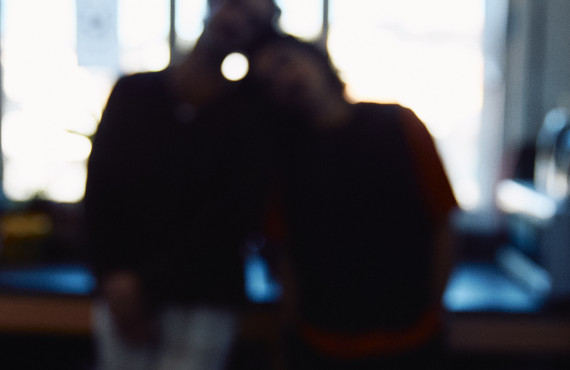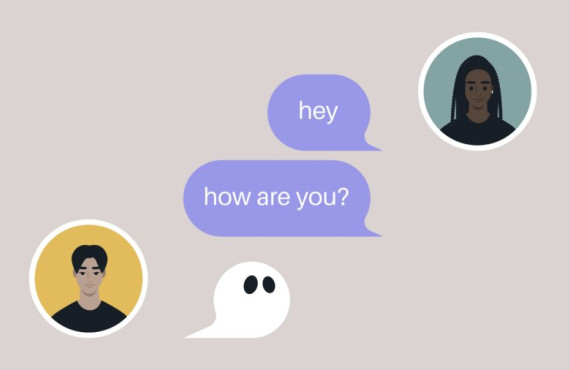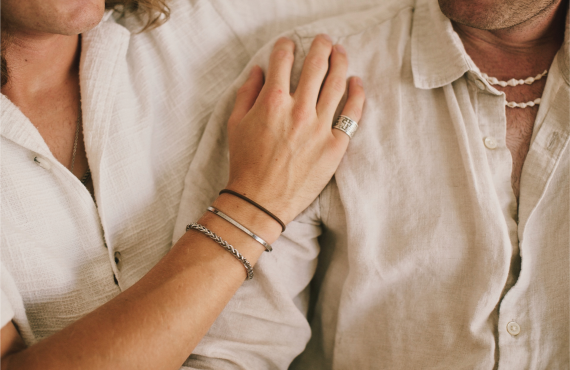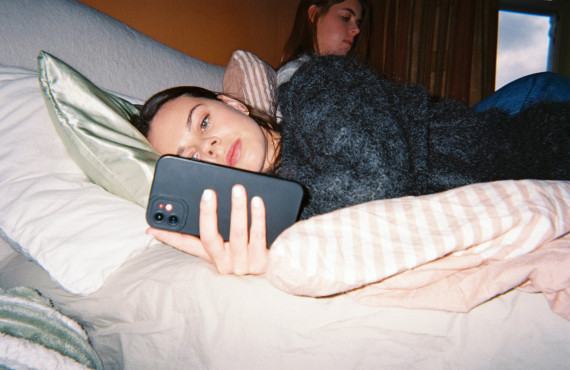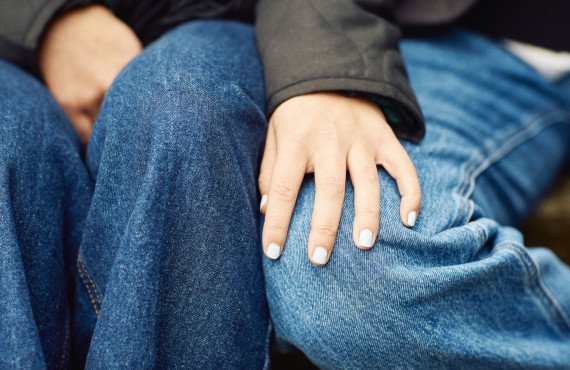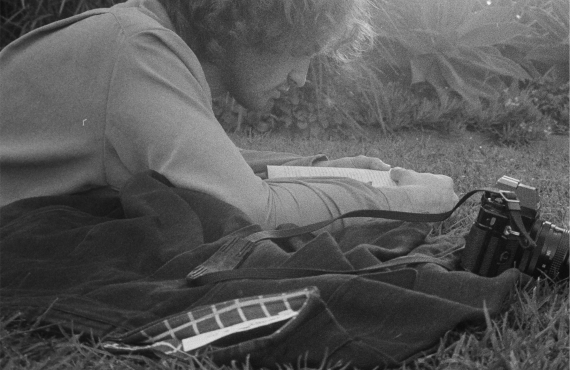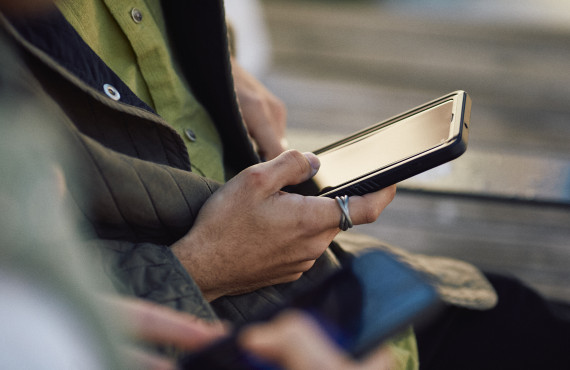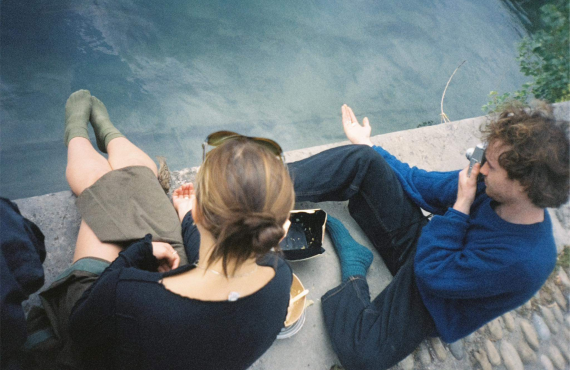How to handle a first-time queer crush
By Rachel Barker
So, you like someone. You’ve liked people before. You know what the butterflies and the excitement and the awkwardness feel like. But there’s something different about this crush – because it has you asking yourself, am I queer?
Dealing with one's own sexuality is tricky and complex. Sometimes because of external factors like homophobia and bigotry within your community or family. Sometimes internalised homophobia stops you from accepting yourself.
But sometimes it’s not about prejudice, it’s just damn confusing.
How do I know?
Sexuality is not just a spectrum of straight to gay or vice, or a continuum of bisexual to pansexual to queer, but an incredibly intricate and personal web of thoughts, feelings and desires. For some people it's as simple as feeling both sexual and romantic feelings for one person – and we can sum this up with easy labels like lesbian or gay. But for others, the idea of “attraction” can be a total muddle of physical and emotional desires.
You might want to sleep with women and date men, but only if they're femme or you don’t find them romantically attractive. You might be sexually attracted to men but emotionally attracted to women. You might consider yourself a lesbian but occasionally sleep with men you think are sweet. You might be asexual but still want marriage and a baby. There are so many ways we can experience queerness. And all of them normal, all of them good.
on’t stress yourself out over the intricacies of labels and trying to define exactly who you are and what you like. What matters at the moment is simply how you feel about this particular person and how you want to show that.
Should I act on my feelings?
Dealing with a queer crush is much easier if the person is openly queer themselves. If you’re falling for a straight person – give this a read instead.
One of the big questions to ask yourself is “Do I actually want to date them?"
To put aside other people's prejudices and focus on what this means internally: what we’re really asking is whether you’re just happily crushing on them from afar on your queer journey (and there’s nothing wrong with this) or whether you want to legitimately pursue them romantically.
It’s important to be aware that queer people can often feel used by people around them who are trying to explore or understand their own sexualities. If you’re viewing them as a test or aren’t sure how legitimate your curiosity is, it may be best to let them be and focus on exploring your sexuality in ways that don’t put other people's emotions on the line.
Even if you aren’t 100% sure where you stand, you can still share this with them. They may be open to dating even if you’re new to queer dating. They may say they’re not interested but be open to talking with you about your sexuality to help you understand it better. Worst case it’s a flat-out no – but have you really lost anything by asking?
First-time crushes rarely end up being lifelong love stories, so take the risk and let life keep moving.
Dealing with prejudice
Another question you need to ask yourself is “Am I ready to share this with the world?”
We’re incredibly lucky to live in a world where queer people can thrive and have spaces to publicly and privately support and understand each other. So “coming out” as a queer person is not something you need to fear in the bigger picture – but it may still cause trouble in your interpersonal relationships. If you do find that your sexuality is causing family or community conflict then there are NZ-based support services and helplines you can contact. Always remember that you do not need to hide who you are for anyone else's sake.
Sexuality doesn’t define you
Whether you decide to act on it or not, the first time you feel romantic or sexual feelings that wouldn’t be “perceived” as straight can make you question who you are. Does this mean now you have to buy a rainbow flag tee and study up on Lady Gaga’s discography? Do you have to stop hunting with your mates or get a pixie cut? As silly as it sounds, we can feel the need to bend to certain queer stereotypes to feel “gay enough.”
Sometimes this is a positive thing – our expanding sexuality opens us up to understanding more about ourselves and our bodies and what makes us happy. But changing isn’t a “must” just because you’re realising you might not be straight.
Your sexuality is part of you, but it doesn’t make or change who you are.
Queer people come in every kind of package, and as long as you’re embracing yourself and others with positivity and respect then you’re doing it right.
